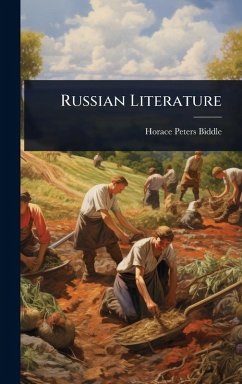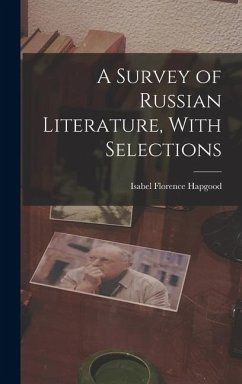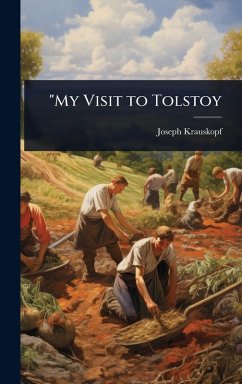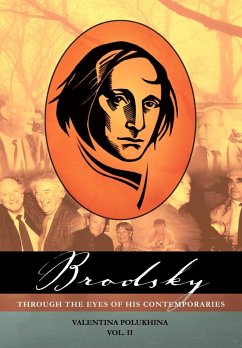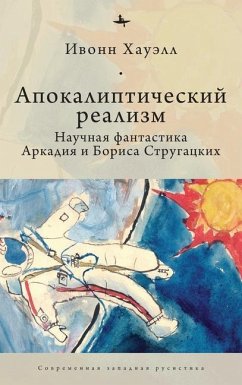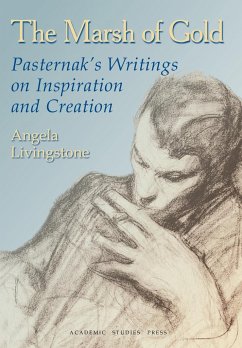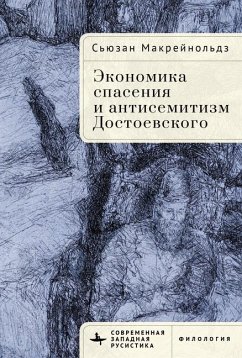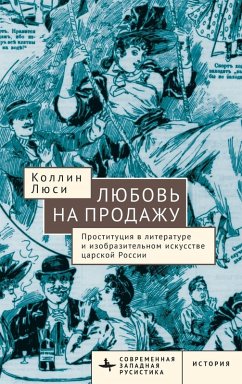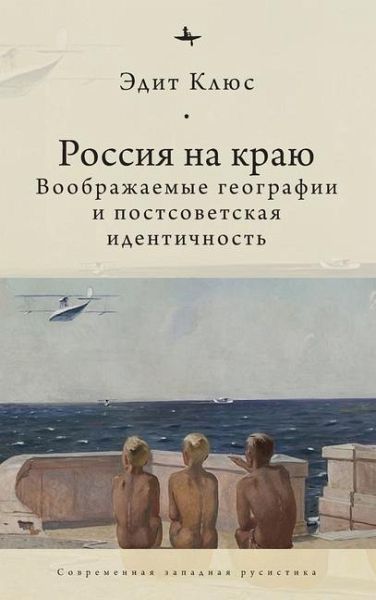
Russia on the Edge
Imagined Geographies and Post-Soviet Identity
Übersetzer: Razin, Andrei
Versandkostenfrei!
Versandfertig in über 4 Wochen
50,99 €
inkl. MwSt.

PAYBACK Punkte
25 °P sammeln!
Since the dissolution of the Soviet Union in 1991, Russians have confronted a major crisis of identity. Soviet ideology rested on a belief in historical progress, but the post-Soviet imagination has obsessed over territory. Indeed, geographical metaphors-whether axes of north vs. south or geopolitical images of center, periphery, and border-have become the signs of a different sense of self and the signposts of a new debate about Russian identity. In Russia on the Edge, Edith W. Clowes argues that refurbished geographical metaphors and imagined geographies provide a useful perspective for exam...
Since the dissolution of the Soviet Union in 1991, Russians have confronted a major crisis of identity. Soviet ideology rested on a belief in historical progress, but the post-Soviet imagination has obsessed over territory. Indeed, geographical metaphors-whether axes of north vs. south or geopolitical images of center, periphery, and border-have become the signs of a different sense of self and the signposts of a new debate about Russian identity. In Russia on the Edge, Edith W. Clowes argues that refurbished geographical metaphors and imagined geographies provide a useful perspective for examining post-Soviet debates about what it means to be Russian today. Clowes lays out several sides of the debate. She takes as a backdrop the strong criticism of Soviet Moscow and its self-image as uncontested global hub by major contemporary writers, among them Tatyana Tolstaya and Viktor Pelevin. The most vocal, visible, and colorful rightist ideologue, Aleksandr Dugin, the founder of neo-Eurasianism, has articulated positions contested by such writers and thinkers as Mikhail Ryklin, Liudmila Ulitskaia, and Anna Politkovskaia, whose works call for a new civility in a genuinely pluralistic Russia. Dugin's extreme views and their many responses-in fiction, film, philosophy, and documentary journalism-form the body of this book.






